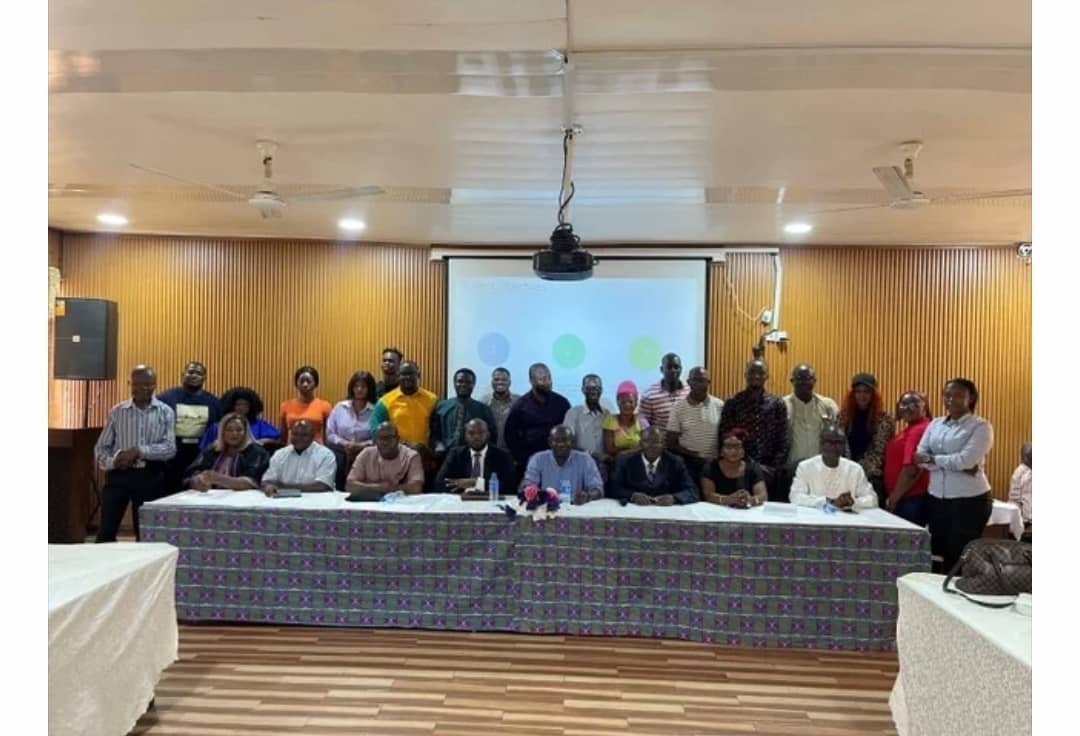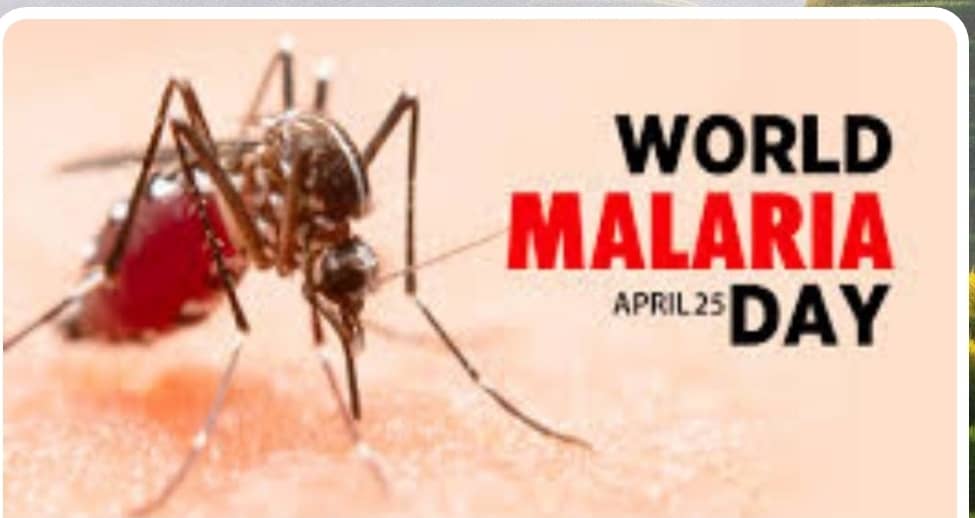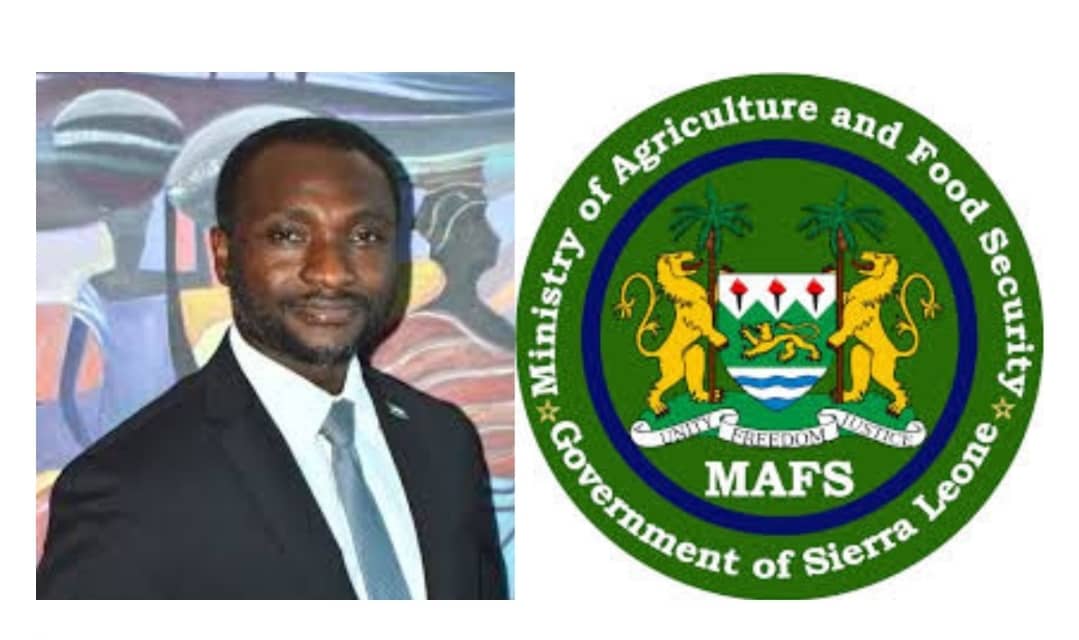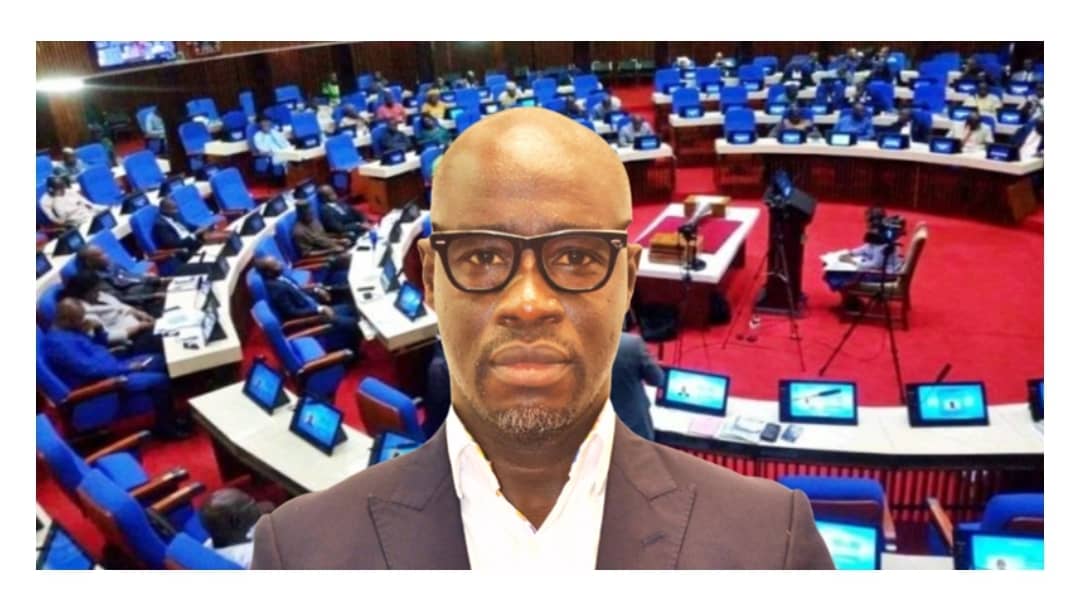On April 10, 2025, Health Alert Sierra Leone, in collaboration with WASHNet, the Global Health Advocacy Incubator (GHAI), and the Government of Sierra Leone, hosted a pivotal one-day stakeholders’ engagement focused on domestic resource mobilization within the immunization and primary healthcare sectors. The event took place at the Council of Churches Sierra Leone (CCSL) Hall, located on King Harman Road in Freetown.
Victor Lansana Koroma, Executive Director of Health Alert, emphasized the meeting’s purpose: to engage decision-makers on the project’s progress, review key data from the national immunization and primary healthcare financing analysis, and advocate for increased budget allocations. He underscored that strengthening collaboration among health financing actors is critical for achieving these objectives.
“The overarching goal of the project is to create a sustainable and equitable health financing system that guarantees comprehensive immunization coverage and robust primary healthcare services,” Koroma stated. This, he noted, would ultimately enhance public health and mitigate preventable diseases in the long term. The project has three specific objectives: increasing domestic resource mobilization at both national and sub-national levels, improving the execution of domestic funds for timely disbursement to frontline workers, and ensuring the punctual payment of COVID co-financing obligations.
Koroma further detailed that the project would target five districts: Bombali, Kenema, Western Area Rural, Karene, and Falaba, with expected achievements within one to two years, contingent upon budget allocation impacts.
During a comprehensive PowerPoint presentation, Project Consultant Nathaniel Soloku outlined the crucial focus areas of primary healthcare and immunization in the country. He emphasized the need for Sierra Leone to transition away from donor dependency in these sectors. “Domestic resource mobilization is vital to counteract the unsustainable reliance on external aid,” he remarked.
Soloku noted that while the nation has made significant strides in health, particularly in immunization since 2002, challenges persist, including fragile systems, inadequate infrastructure, and a shortage of healthcare professionals, particularly in rural areas. He discussed the ongoing Free Health Care Initiative targeting pregnant women, lactating mothers, and children under five, highlighting that despite its benefits, challenges remain, prompting the Ministry of Health to formulate a new policy.
“Domestic resource mobilization involves raising and managing internal financial resources—like taxes and revenues—to fund public services and development effectively,” Soloku explained. He advocated for tax reform to facilitate sustainable financing.
Moreover, he presented financial and economic costs related to vaccine delivery, noting that while the financial cost of administering vaccines averages around $0.34 per dose, the economic cost rises to approximately $0.73 when factoring in opportunity and system costs. The total cost for fully immunizing a child is around $24.70.
The engagement also featured input from various key stakeholders, including civil society organizations, parliamentarians, the Global Fund, Gavi, the World Bank, and the Expanded Programme on Immunization (EPI), all committing to collaborate with Health Alert in supporting immunization and primary health initiatives in Sierra Leone.
For more information, contact Daily Scope Newspaper at dailyscopemedia@gmail.com.





